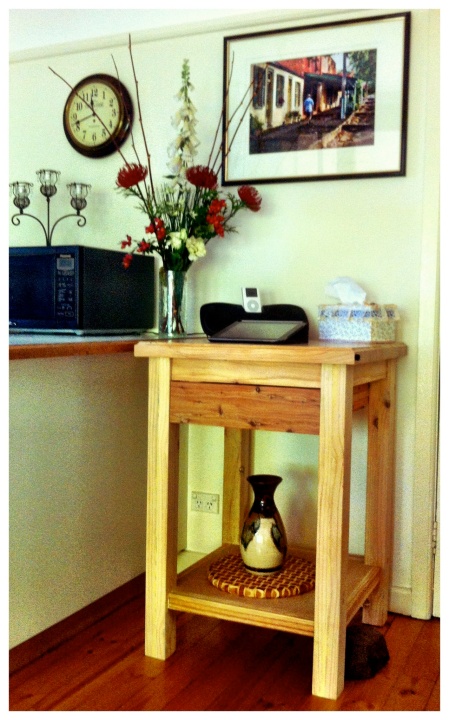I’ve been doing a bit of mentoring and editing of late. The following was advice I gave someone who then asked if she could recirculate it. I said, ‘Yes’. And then I thought, ‘If she’s passing it on, maybe I should, too?’ This is hard-won advice from 50 years in the trade.
I do think – or rather, I do KNOW – that the first step in being creative is actually to do something! So many people come to me ‘wanting to write a book’ and then list all the reasons why they “can’t” start.
I tell them to sit down and get whatever writing tools they’re used to using – whether pen and paper or keyboard or vocal recorder – and start with the phrase, “I don’t know what to write…”, or, “Why am I sitting here?” or “I can’t bring myself to hurt so-and-so….: Something like that.
Then just keep writing any old nonsense, whatever pops up in mind. The important thing is to establish the flow, to let the words stream out. Do not censor them. Do not stop to check spelling, punctuation, grammar. Keep writing!
Write until exhausted then stop and do not re-read it. Put it away and go off and do whatever you normally do during the day.
Next day, read what you wrote and note anything that leaps out at you as having some power, some meaning, some emotional resonance.
Take that phrase and use that to precipitate the next piece of writing flow.
Another blockage buster I use is to say to them, “What is it you are most ashamed of and have vowed never to write about? Don’t tell me! Picture it in your mind. Hold it there…”
“OK. That’s your subject. Write it.”
That tends to sort the tyre-kickers out from the buyers!
I’m reminded always of the beautiful opening lines of Maxine Hong Kingston’s great memoir, “Warrior Woman”.
“You must not tell anyone,” my mother said to me, “What I am about to tell you….”
It was a story of deep family shame that was always kept hidden. It’s the story Maxine writes out in full in the first chapter of the book.
Similarly with the great poet, Allen Ginsburg. When he was setting about to become a writer and poet his father wrote him a letter in which he said, “You must never write about your mother’s madness or your homosexuality.”
So they became the subject of Allen’s breakthrough poem, “Kaddish”.
In both cases both writers also locate their work within their own ‘outsider’ culture as members of, respectively, ‘Chinese American’ and ‘Jewish American’.
Facing the darkness and describing it is a really powerful place to start. Don’t worry about the Dialogue and the mystical side of it. ‘Just do it!’ is the essential commandment. 🙂
The key to successful, published writing lies in the rewriting. The almost endless task of editing. But that’s further down the line. That’s where the ruthless discipline lies.





